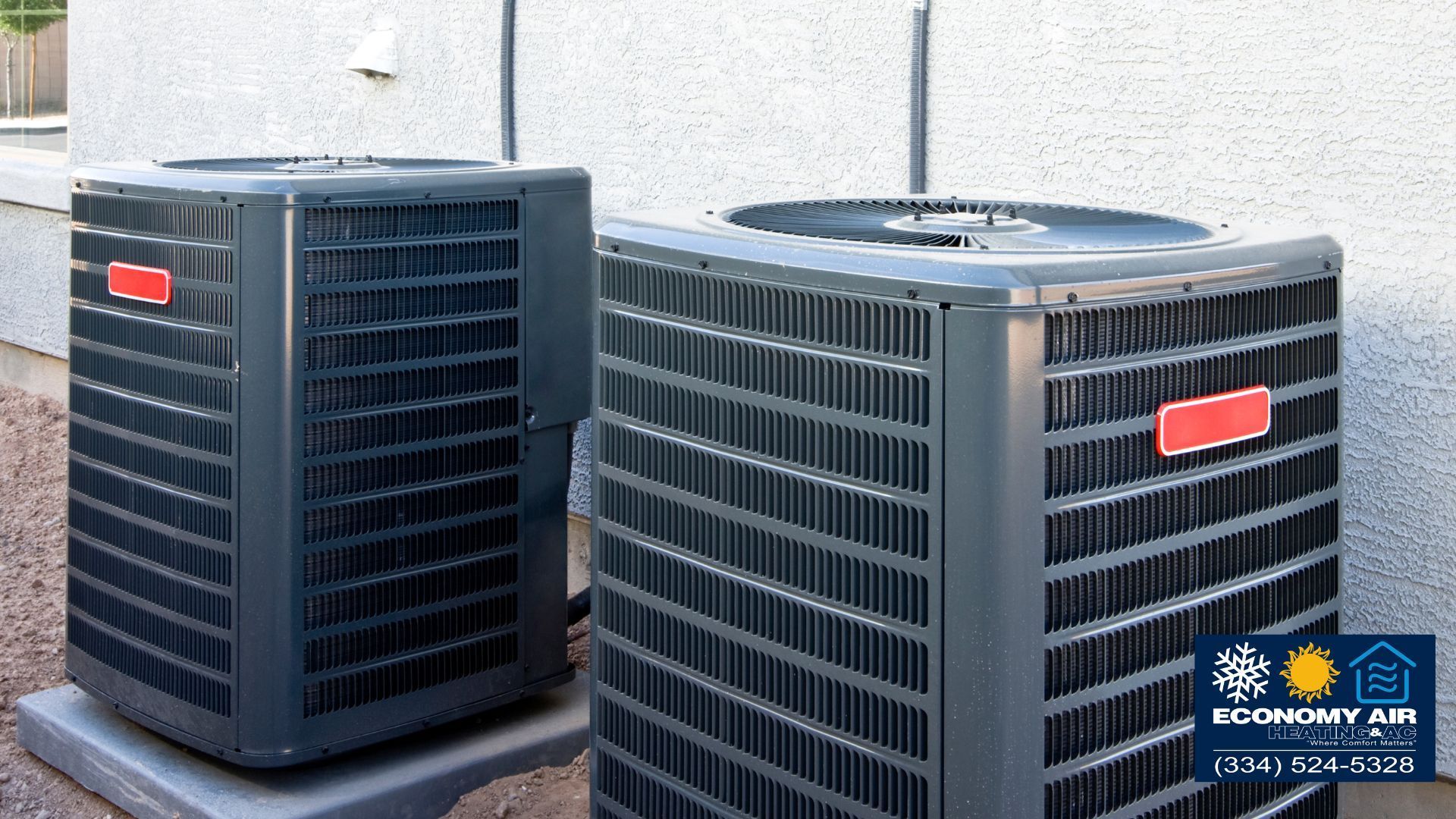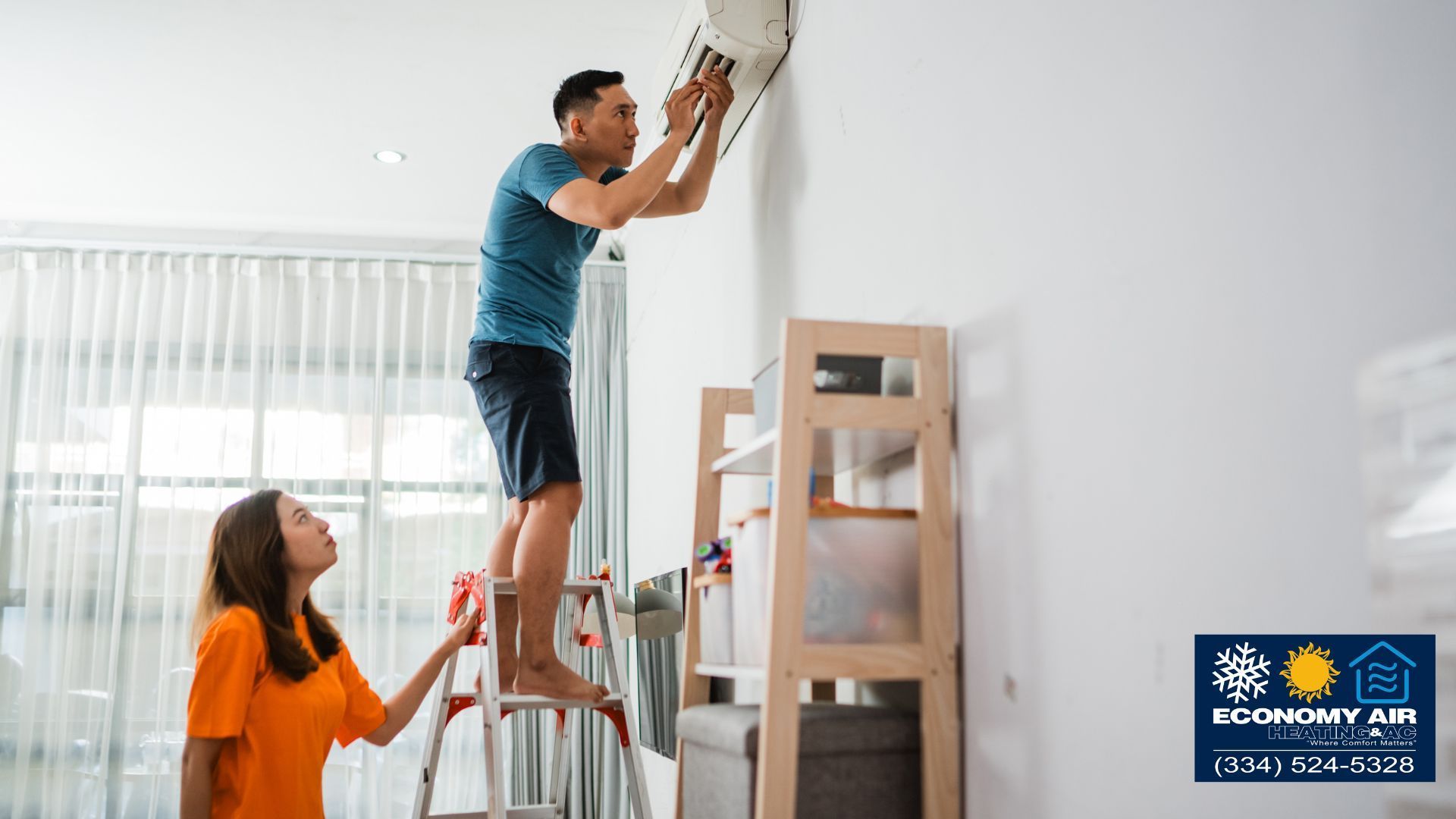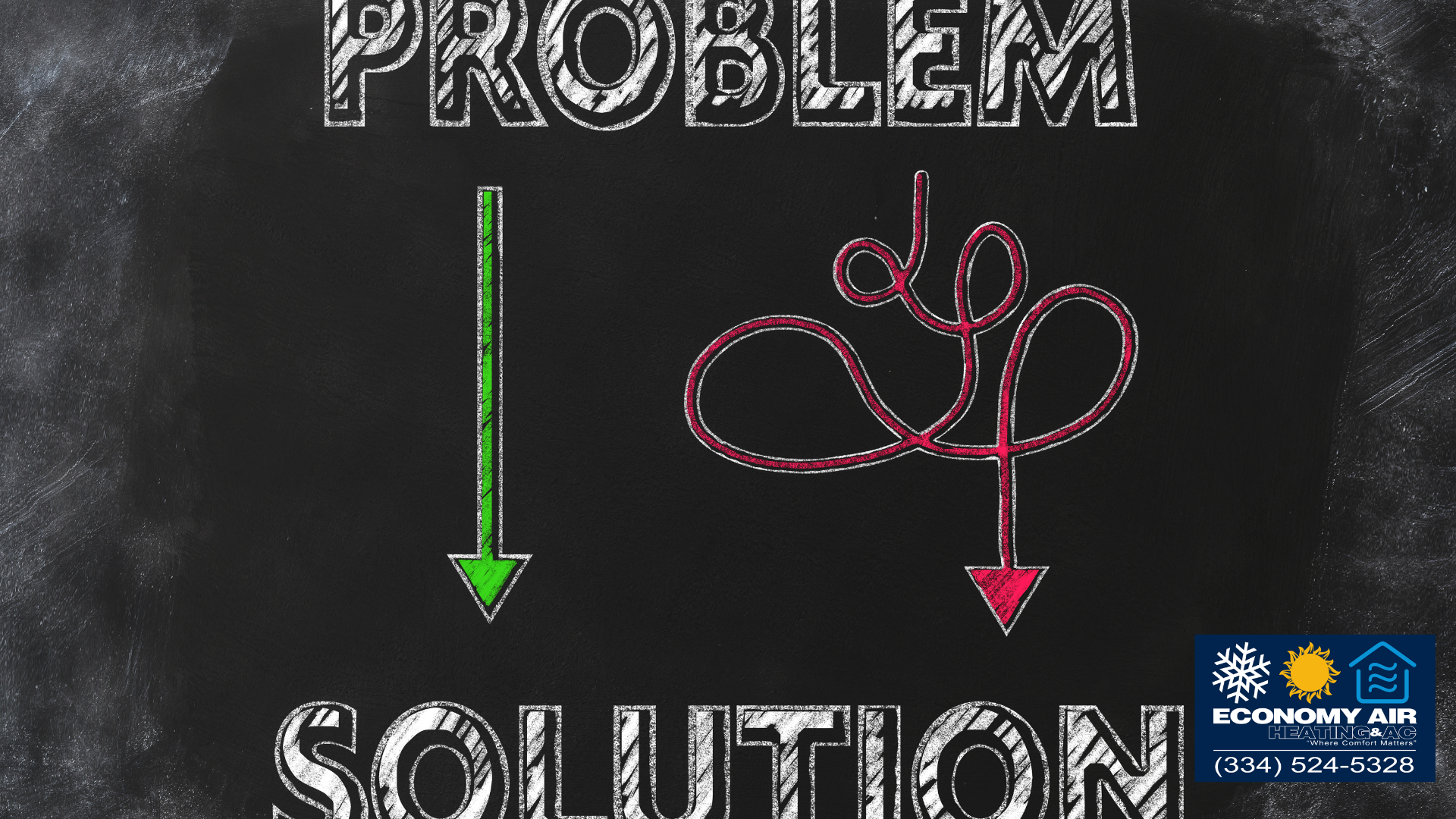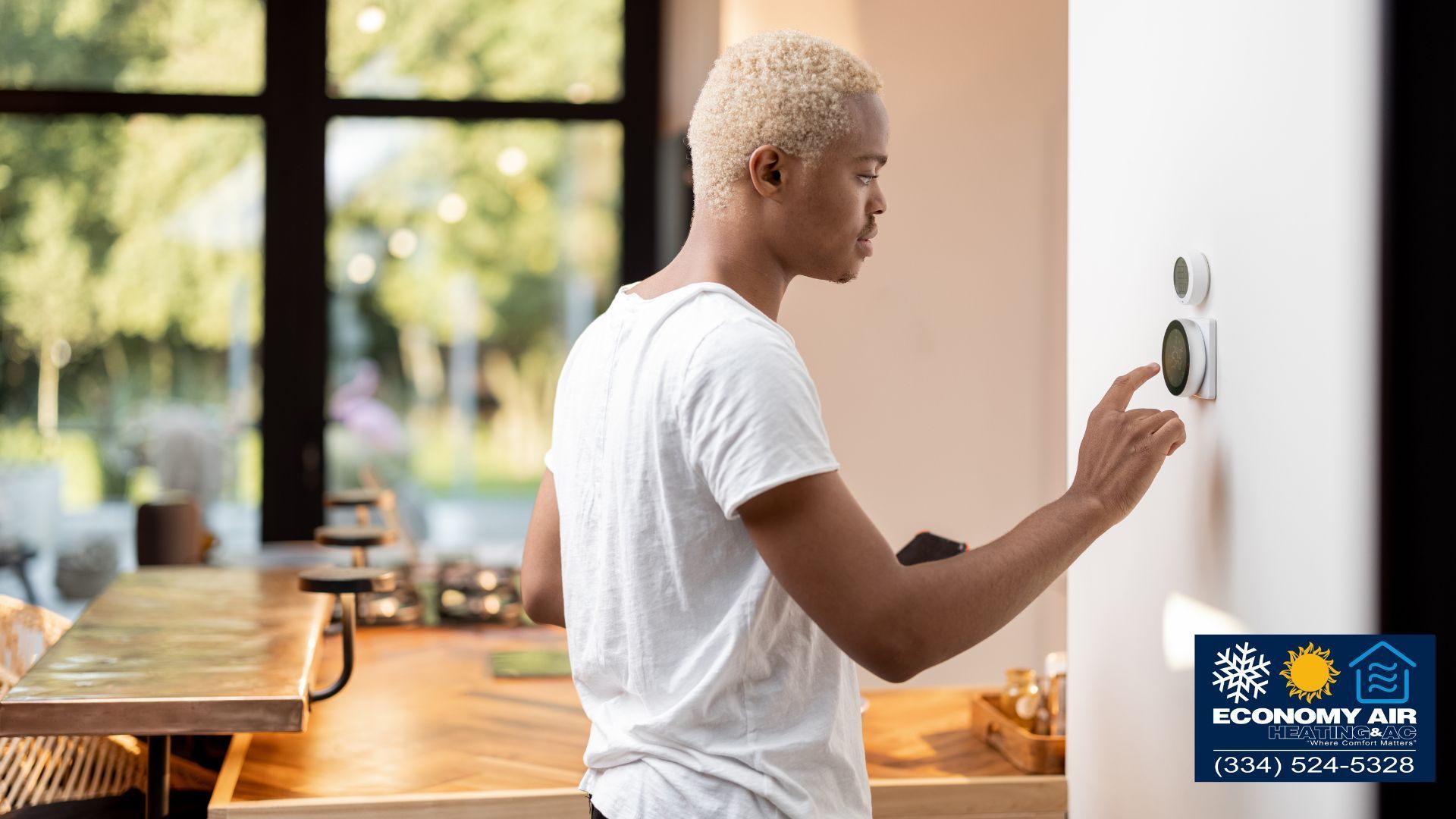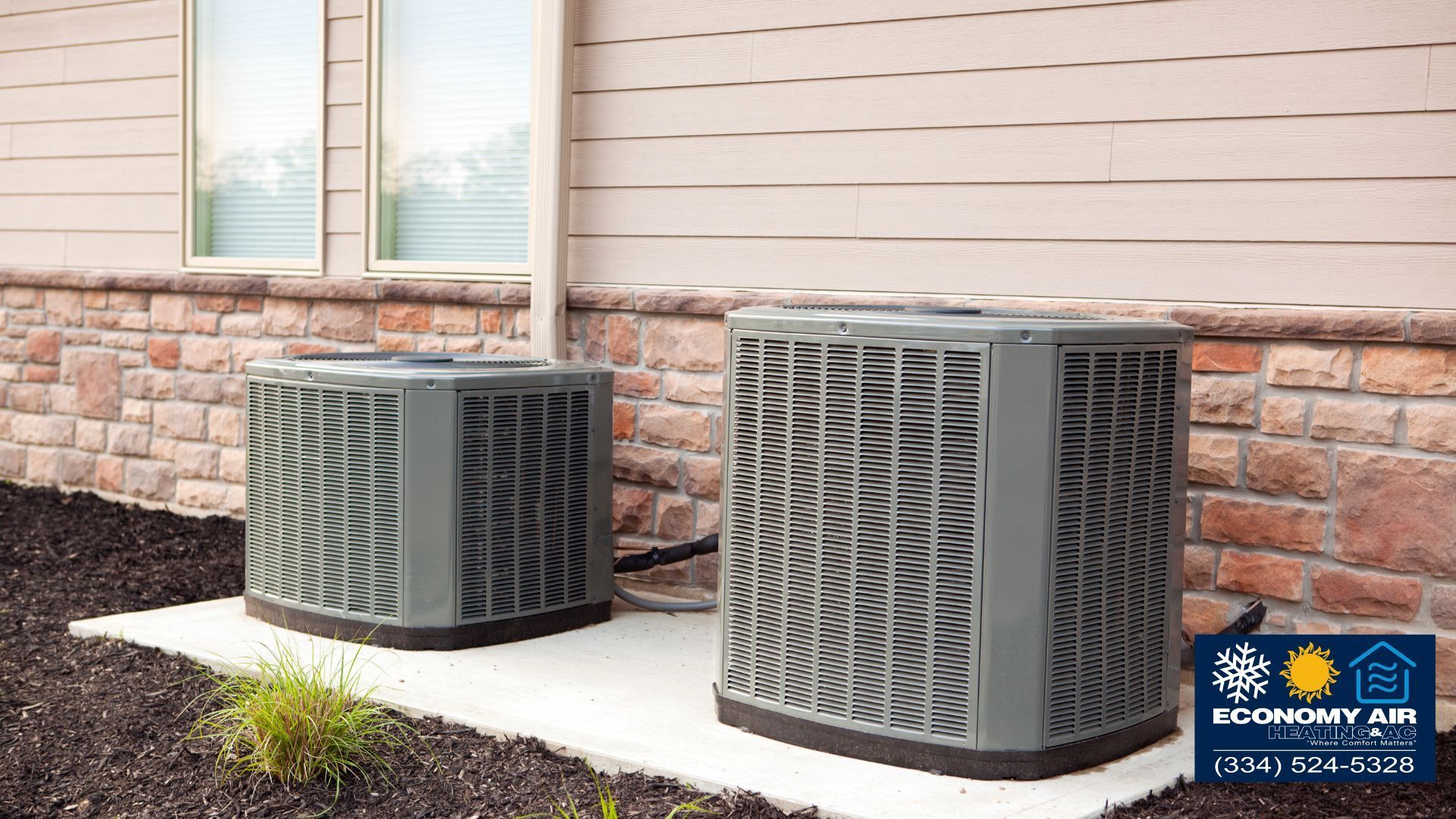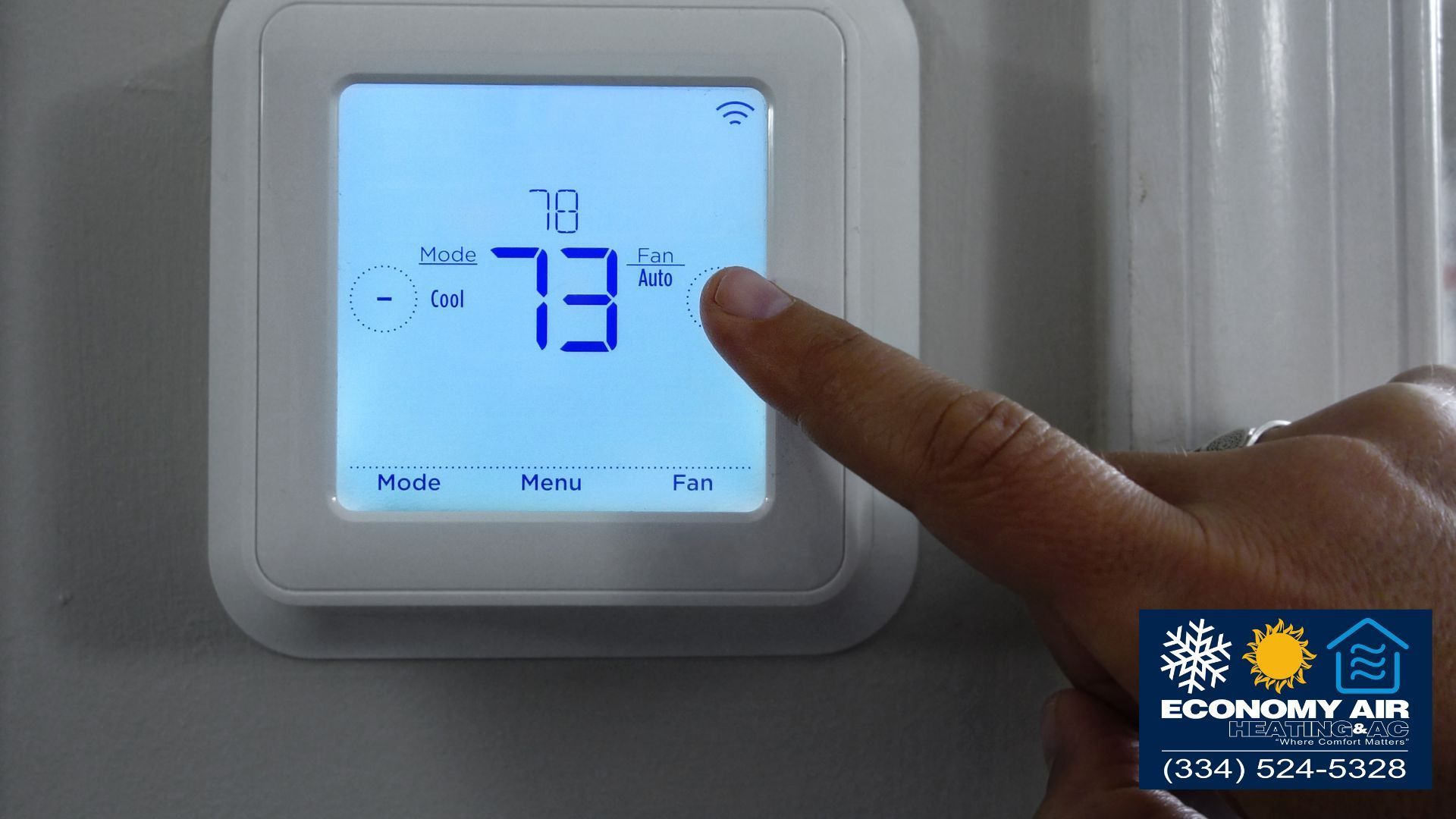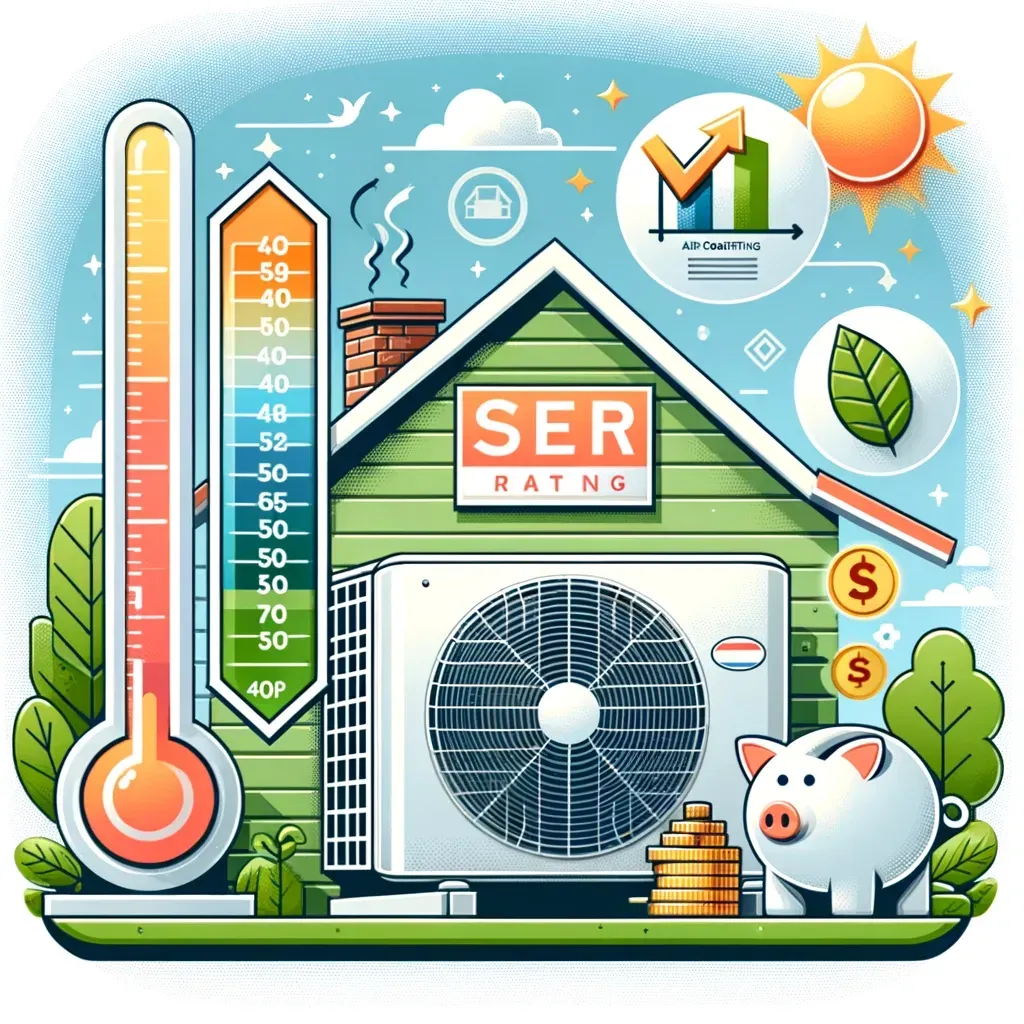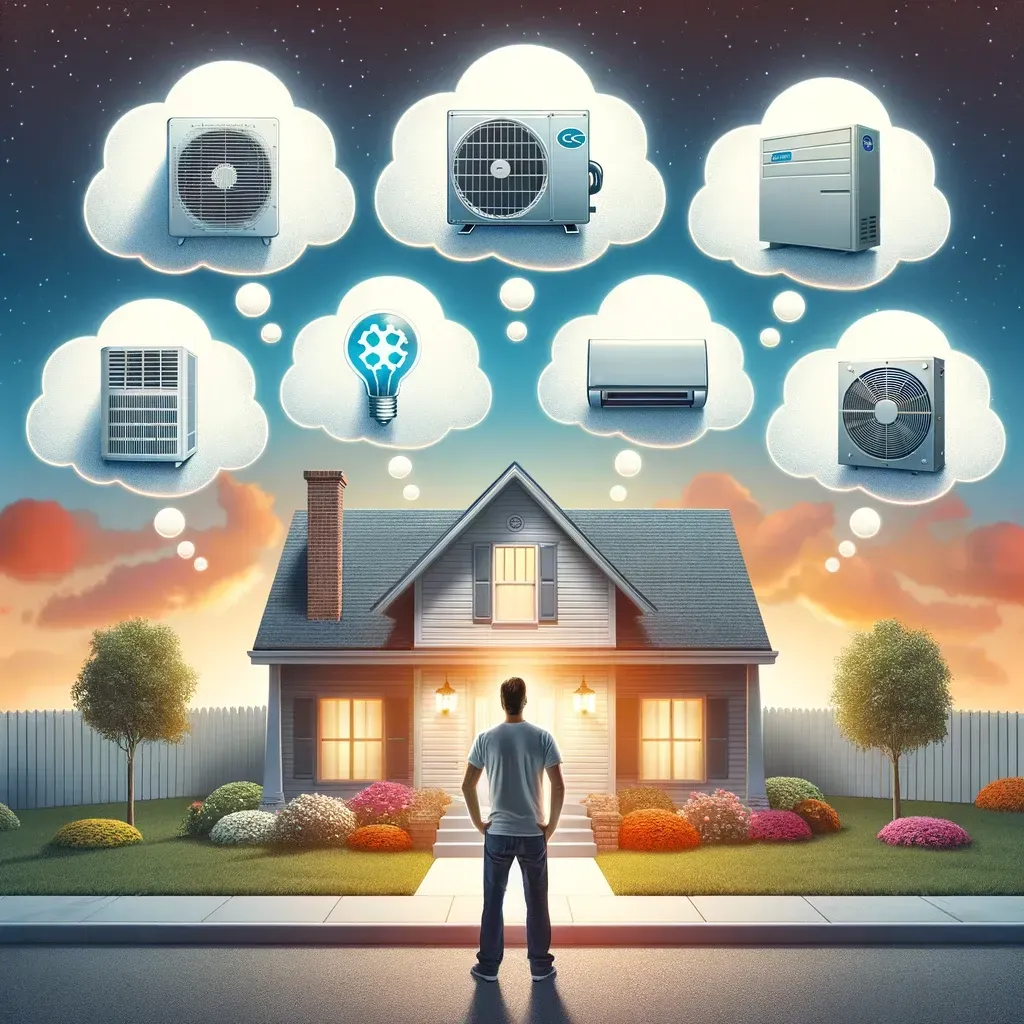How to Improve Your Home’s Air Quality
How to Improve Your Home’s Air Quality: Tips from Auburn’s HVAC Experts
In Auburn, where the seasons bring about a diverse range of weather conditions, maintaining optimal indoor air quality is essential for the comfort and health of your home. Poor air quality can exacerbate allergies, asthma, and other respiratory conditions, not to mention impact your overall well-being. Fortunately, there are effective steps you can take to ensure the air in your home remains clean and healthy. Here are expert tips from Auburn's HVAC professionals on improving your home's air quality.
1. Regularly Change or Clean HVAC Filters
One of the simplest yet most effective ways to maintain good air quality is by regularly changing or cleaning your HVAC filters. Filters trap dust, pollen, pet dander, and other airborne particles, preventing them from circulating through your home. Experts recommend replacing or cleaning filters every 30 to 90 days, depending on usage and if you have pets or allergies.
2. Invest in Air Purification Systems
For those particularly concerned with air quality, investing in an air purification system can provide an additional layer of protection. Air purifiers work by capturing and neutralizing pollutants, including microscopic particles that filters might miss. Look for systems with HEPA filters for the best results, as they can trap 99.97% of particles that are 0.3 microns in diameter or larger.
3. Ensure Proper Ventilation
Proper ventilation is crucial for maintaining good indoor air quality. It helps to remove stale air and bring in fresh, outdoor air. Make use of exhaust fans in your kitchen and bathrooms to eliminate pollutants at the source. Additionally, consider incorporating an energy recovery ventilator (ERV) or heat recovery ventilator (HRV) into your HVAC system to enhance ventilation without compromising your home's temperature.
4. Control Humidity Levels
High humidity levels can encourage the growth of mold, mildew, and dust mites, all of which negatively impact air quality. Aim to keep indoor humidity levels between 30% and 50%. Use dehumidifiers in damp areas of your home, like basements, and ensure that your air conditioning system is correctly sized and functioning to effectively control humidity.
5. Keep Your Home Clean
Regular cleaning is essential to reduce the accumulation of dust, pet dander, and other airborne particles. Vacuum carpets and upholstered furniture weekly with a vacuum equipped with a HEPA filter. Additionally, washing bedding and curtains regularly and minimizing clutter can help reduce dust and allergens in your home.
6. Use Cooking Vents
Cooking can produce a surprising amount of indoor air pollutants, including particulate matter and gases like nitrogen dioxide. Always use a vent hood or exhaust fan when cooking, especially when using a gas stove, to help remove these pollutants from your home.
7. Introduce Indoor Plants
While the air-purifying capabilities of indoor plants can be modest, they can still contribute to improving indoor air quality. Plants like spider plants, snake plants, and peace lilies can absorb pollutants and produce oxygen, making them a natural and attractive option for enhancing your home's air quality.
8. Schedule Regular HVAC Maintenance
Finally, regular maintenance of your HVAC system by a professional is crucial for ensuring it functions efficiently and improves your home's air quality. An HVAC expert can inspect and clean the components of your system, ensuring it's not contributing to poor air quality and is operating at peak efficiency.
Improving your home's air quality is a multifaceted approach that involves regular maintenance, smart investments in air purification, and adopting habits that reduce the presence of indoor pollutants. By following these tips from Auburn's HVAC experts, you can create a healthier and more comfortable living environment for you and your family. Remember, the quality of the air in your home is just as important as the temperature.




